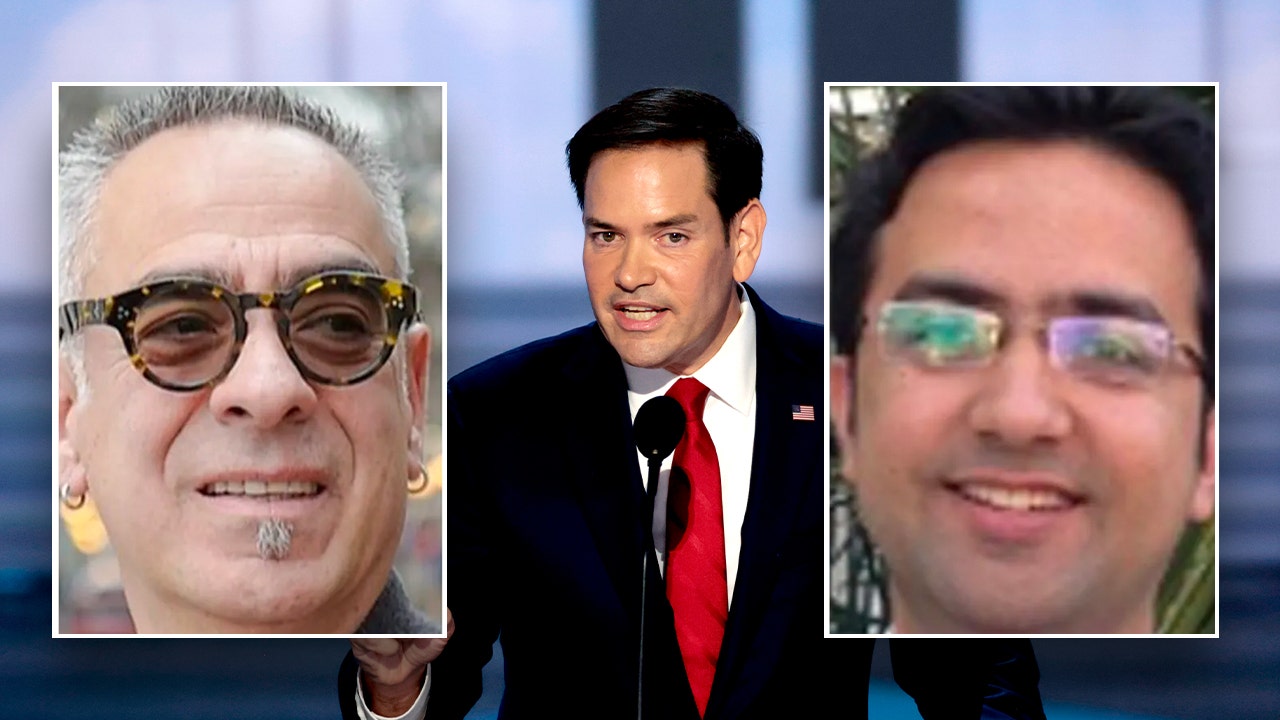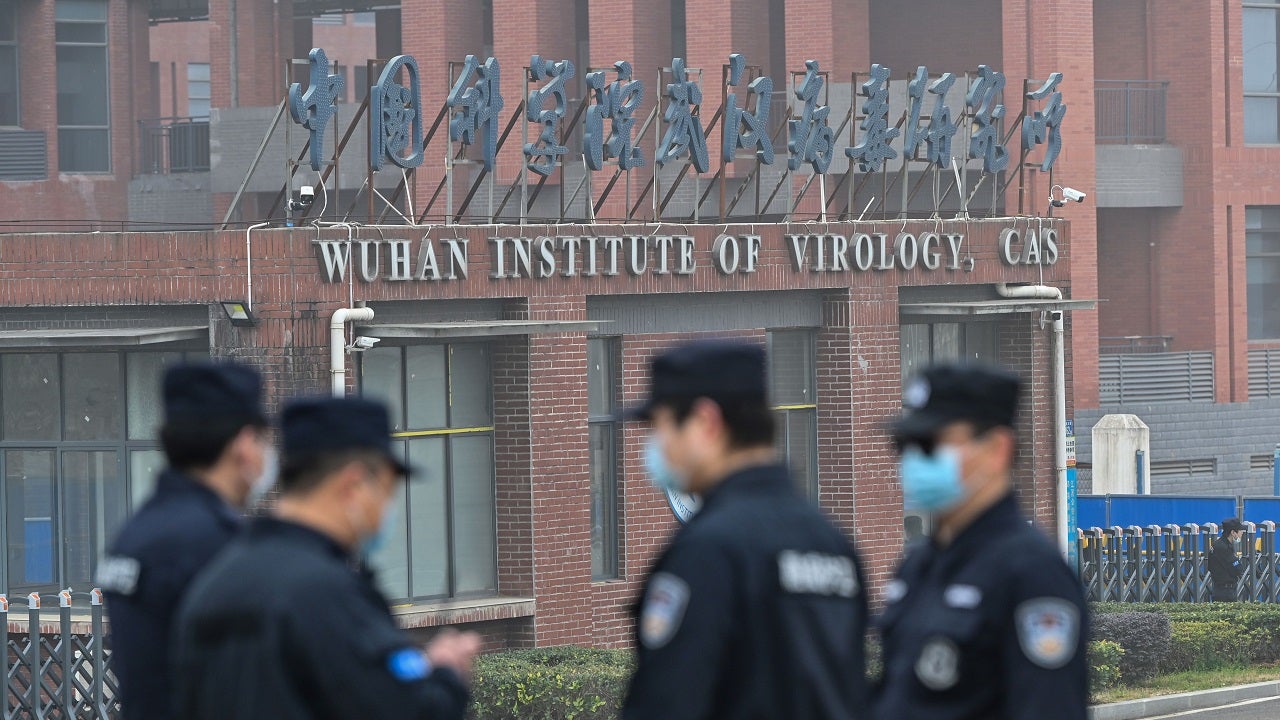Turkey has suspended trade with Israel. The world’s top court is considering whether Israeli leaders have committed genocide. Protests have overtaken cities and campuses worldwide. Ireland and Spain say they will recognize Palestine as a state by the end of the month.
Even the United States — long Israel’s closest ally and benefactor — is threatening for the first time since the war began to withhold certain arms shipments.
Seven months after much of the world pledged its support to Israel following a Hamas-led terrorist attack, the country finds itself increasingly isolated. With a war that has killed more than 34,000 Palestinians and left Gaza on the verge of famine, any international good will that Israel amassed on Oct. 7 has been all but lost.
Of greatest concern to Israel: splintering relations with the United States. President Biden, once quiet about his expectations that Israel limit civilian deaths and increase access to humanitarian aid, has become more vocal amid partisan political pressure in an election year. This week, Mr. Biden said the United States was withholding delivery of 3,500 high-payload bombs.
His warning on Wednesday that the pause could extend to more weapons was his greatest break yet with Israel’s government. It suggested that the outrage coursing through capitals and campuses would continue to spread, and it has. On Friday, in a largely symbolic gesture, the United Nations General Assembly backed Palestine’s bid for U.N. membership, and thousands of demonstrators in Sweden protested against Israel’s participation in the Eurovision Song Contest on Saturday.
“If we need to stand alone,” Prime Minister Benjamin Netanyahu of Israel said Thursday, both acknowledging and seeking to defy his country’s growing isolation, “we will stand alone.”
The backlash, which also extends to Israeli athletes and academics facing boycotts and protests, has stunned and confused Israelis, who are still reeling from Hamas’s October attacks and mostly see the war as justified. Many blame unchecked antisemitism and American party politics for Israel’s isolation. Others struggle to parse reasonable critique from selective virtue signaling.
They ask why more attention is not paid to Israeli victims, and why there are no protests against China’s persecution of Uyghurs or Russia’s brutal invasion of Ukraine.
“Most Israelis, and this includes the leadership, are perplexed about the attitude of the world,” said Eytan Gilboa, a communications professor at Bar-Ilan University.
He argued that Israelis have a hard time understanding why some people at the protests on American campuses combine support for a Palestinian state with what he described as “calls for the elimination of Israel.”
“It’s the slow-motion formation of a pariah state,” said Alon Pinkas, a former Israeli diplomat.
But the complex, layered reproof from around the world cannot be ignored as just the whims of anti-Israel activists. Israel is facing real consequences, from security to economics.
And while the isolation is partly a byproduct of how Israel has prosecuted the war, analysts and former officials say it also reflects international frustration with the government’s restrictions on food aid, a shift in global politics that has pushed Israel down the priority list and the Israeli public’s narrow focus on its own pain.
Israel has endured the world’s glare before, shrugging off frequent criticism at the U.N. and an Arab boycott that lasted decades. Though Israel governs a spit of land no bigger than Maryland, it has always had a centripetal pull, placing its wars at the emotional center of global politics. But this is not 1948, 1967, 1973, 1982, 2006 or 2014 — years with previous conflicts.
Before Oct. 7, most of Israel’s allies in the West were focused on Ukraine’s fight with Russia and the challenge of a more assertive China. The Middle East had largely fallen off the radar. Climate change was driving a retreat from oil. Israel and Saudi Arabia were openly discussing normalized relations even as Israel’s democracy had become more polarized and parochial.
At exactly that moment, Hamas struck and Israel retaliated.
Mr. Biden’s first response was complete solidarity: “My administration’s support for Israel’s security is rock solid and unwavering,” he said on the day of the attacks. Other world leaders followed suit. The Israeli flag and its colors were projected on the Brandenburg Gate, 10 Downing Street and the Sydney Opera House.
Yet even as horrific details of Hamas’s murders and mutilation sowed nightmares, there were signs of concern about the government of Mr. Netanyahu and its absolutist approach.
Mr. Netanyahu’s promise to “demolish Hamas” struck many military strategists as too broad to be effective. And when Israeli forces began to pummel Gaza’s crowded cities with huge bombs, toppling buildings on families along with militants, support for Israel weakened.
Washington had been warning Israel to better protect civilians. Israel continued bombing. The United States and other countries pushed Israel to create corridors for aid. They demanded a plan for governing Gaza after the fighting. Israel intensified its assault on a territory roughly the size of Philadelphia, densely packed with two million people, many of them children, while keeping out most independent journalists, leaving image sharing to those under attack.
The results were dire: By late November, people were being killed in Gaza more quickly, according to experts, than in even the deadliest moments of the American-led attacks in Iraq, Syria and Afghanistan, which were widely criticized by human rights groups.
Less than two months in, Israel was losing support in Europe and the United States — before student protests escalated into clashes with the police, before calls for divestment, before polling showed the war’s unpopularity affecting Mr. Biden’s chances for re-election.
After seven aid workers, many of them foreigners, from the World Central Kitchen were killed on April 1 and with children in Gaza dying of starvation, words like “genocide” and “evil” became more commonly applied to the campaign that Israel insisted was simply self-defense.
“The poor and impoverished people of Palestine were sentenced to death by Israel’s bombs,” President Recep Tayyip Erdogan of Turkey said on Thursday, when he announced that his country, once Israel’s closest Muslim partner, would suspend trade.
Nimrod Novik, a former senior Israeli official and an analyst at the Israel Policy Forum, said there was no denying the government ignored both a moral and political imperative by pursuing a “stingy approach” to aid and a war plan with no vision for peace.
“Our government policy failed to live up to its claim that our war is with Hamas, not the Palestinian people,” Mr. Novik said.
The military says aid is slowed by security measures intended to restrict weapons smuggling. On Sunday, Hamas attacked one of the few border crossings from which aid is permitted to enter, killing four Israeli soldiers.
For many, it was a reminder that the context of Israeli life is still colored by the country’s own suffering. What Israelis discuss at dinner are friends called up to fight. What they see are cities and towns covered with the portraits of hostages unreturned, apps sending alerts for regular rocket attacks from Hezbollah along the northern border, and graffiti in Tel Aviv that reads, “Hamas = ISIS.”
“There is a total disconnect between how Israelis view the situation and how the world does,” Mr. Novik said. “Mentally, we are not in the seventh month since Oct. 7. Mentally, we are in Oct. 8.”
Many Israelis believe the international community is willfully ignoring their plight, with soldiers dying and groups widely viewed as terrorists firing on the country. In northern Israel, more than 100,000 people have been displaced from their homes by regular rocket fire. Children are not in school. Deep inside Israel’s borders, air-raid sirens pierce daily routines.
Genine Barel, a New Yorker who moved to Israel in the ’90s and now lives in Safed, the home of Kabbalah, or mystical Judaism, said it hurts to lose international sympathy.
“It would be bad enough if we were just going through this war, and the losses and the heartbreak,” she said, sitting in the empty restaurant of the hotel she owns with her husband where business has completely dried up. “But we are being vilified at the same time.”
“It’s as if you’re being picked on,” she added, “and accused of being a bully at the same time.”
Nathalie Rozens, 37, an actor and writer who grew up in Europe, said the discussion within Israel about the war had evolved to include more criticism. (A poll published Friday showed declining trust in Israel’s military leadership since March.) But outside the country, she said, Israelis are flattened into caricatures.
In her view, Israel’s critics fail to understand its nuances, that this is a place where many people loathe Mr. Netanyahu and lament the killing of innocents in Gaza, but have a sibling fighting there and are just two generations from the Holocaust’s attempted destruction of global Jewry.
Banning Israeli artists from festivals, protesting singers at Eurovision, refusing to fund Israeli films — “the pressure, in a way, hits the wrong people,” she said.
“I don’t feel aligned with this government and I’m Israeli,” she said. “There is no space for my voice inside the country and also not abroad.”
However dangerous Hamas or Hezbollah might be, many believe dwindling U.S. support for Israel would be far more catastrophic for the country. Israel needs America as a patron, and this government has “no patience, no consideration, no understanding of Israel’s status in the world,” said Nahum Barnea, a veteran columnist for Yedioth Ahronoth, an Israeli daily newspaper. “So they choose to ignore it.”
Total isolation still seems a long way off. Israel is not North Korea. Mr. Biden has said he would keep Israel supplied with defensive weapons, and Republicans have sided even more strongly with Israel. However, according to many international analysts, what Israelis want to see as a tremor may become a fault line as agitation with Israel continues to build.
“They’ve lost the young people,” said Ian Bremmer, an adjunct professor of international and public affairs at Columbia and the president of Eurasia Group, a political risk consultancy. “They weren’t around and don’t know the Holocaust. What they see is an incredibly powerful Israel that is engaging in a war for seven months and is indifferent to the suffering of the Palestinians.”
Johnatan Reiss contributed reporting.





